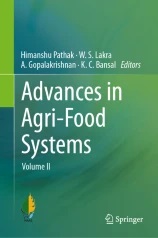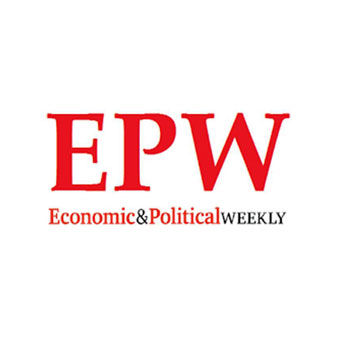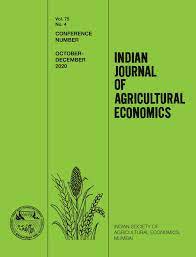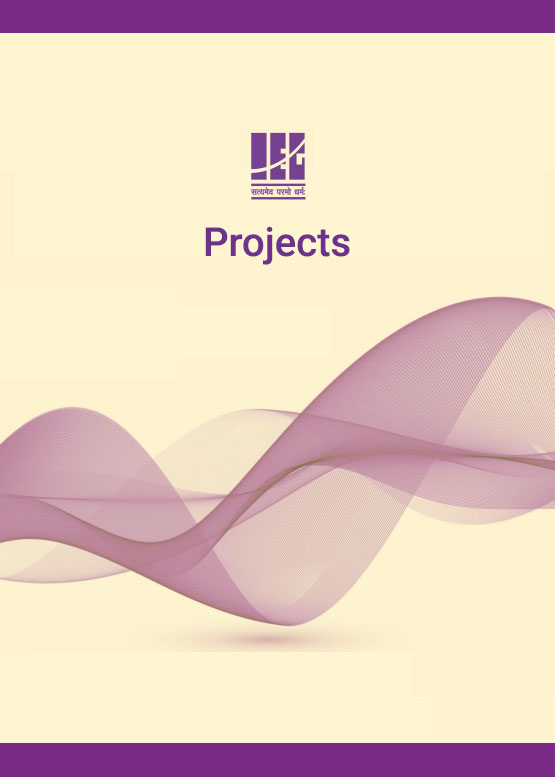Examining the Transfer of Knowledge and Training to Smallholders in India
Speakers:
Deepak VarshneyIEG
We evaluate a large-scale model of agricultural advisory services, known as Krishi Vigyan Kendra (KVK) or Farm Science Centers, introduced by the Government of India to facilitate smallholder adoption of new agricultural technologies. The study first evaluates the impact of frontline demonstrations (FLDs) and capacity-building programs (CBPs) conducted by KVKs aimed to promote a new wheat variety (HD-2967); it then examines gains in the speed of diffusion at the district level. The study’s second objective is to estimate the spillover effects of KVKs through social networks. The study identifies network beneficiaries as farmers who obtain knowledge and information through social interactions within the network of KVK beneficiaries, based on a “networks within sample” approach. The study uses a matched difference-in-differences approach and a survey of 1,496 wheat farmers in Uttar Pradesh, India. It establishes both FLDs’ and CBPs’ positive impact on adoption of HD-2967. The magnitude of the impacts is larger for KVK beneficiaries, but substantial gains also arise for network beneficiaries. The study underscores the importance of conducting interventions at frequent intervals to influence adoption on aggregate at the district level. From a policy perspective, it offers new insights for strengthening outreach and extension services designed to facilitate the transfer of agricultural knowledge and information, emphasizing FLDs, CBPs, and social networks in extending the scope of KVKs.






